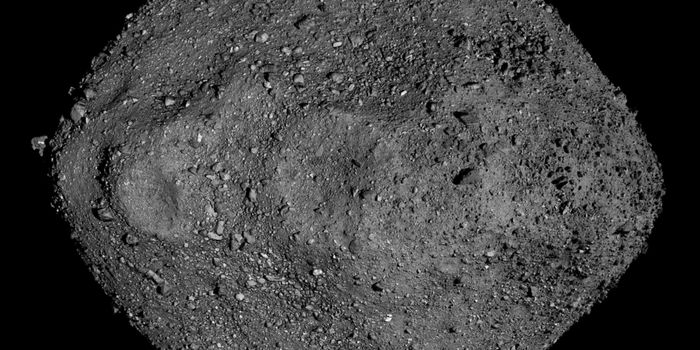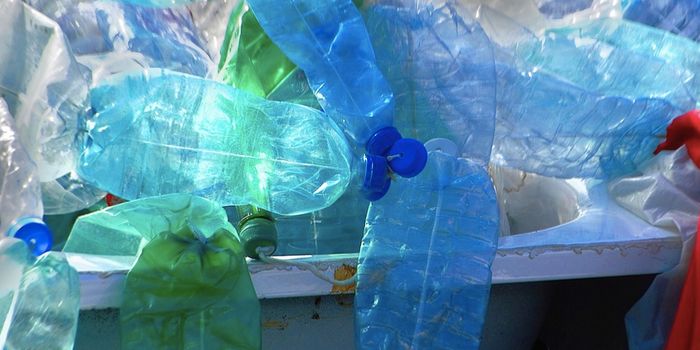US to open ocean to seismic blasting
Marine creatures suffered a big loss recently with the announcement from the Trump administration that it will be allowing companies to use seismic airguns during oil and gas exploration off the East coast.
Testing and exploration via seismic airguns involve blasting continuous shots into specific areas to search for oil and gas deposits, a practice which the federal government itself has estimated could bring harm to hundreds of thousands of marine mammals like dolphins and whales. These blasts would be shot every 10 to 12 seconds, without rest, for months along the eastern seaboard from New Jersey to Florida.
The sound from such blasts can reach up to 260 decibels and travel up to 2,500 miles from the inflicted site, creating huge difficulties for animals that rely on sound (echolocation) to navigate or breed. To put that into perspective, Duke University expert on the impact of noise on ocean life, Douglas Nowacek, says that it would be like being at “the epicenter of a grenade blast and would easily cause the rupture of the human eardrum”.
But larger marine animals aren’t the only ones who would be greatly impacted by the blasts of such airguns – the blasts can affect down to zooplankton, some of the smallest and most critical marine creatures. Zooplankton’s place at the bottom of the food web means that a decrease in their population ripples up to affect many more marine species.
The authorizations were issued by the National Oceanic and Atmospheric Administration (NOAA) to five operators, giving those companies the go-ahead to “incidentally but not intentionally harass marine mammals” during exploration surveys. According to the Guardian, these authorizations require companies to “listen and watch for marine life while testing and shut down activity if groups of sensitive species are observed.” Yet if companies report that any harm was “unintentional,” no consequences will be given.
The news isn’t about to go down without a fight. “Seismic airgun surveys pose a dual threat to the biologically rich waters off the Atlantic coast,” said Earthjustice attorney Steve Mashuda. “Their continuous blasts can injure and deafen whales, dolphins and other marine life, and they are the sonic harbingers of even greater risks associated with eventual offshore oil and gas drilling. We are looking at all available tools to fight this unlawful action.”
“President Trump is essentially giving these companies permission to harass, harm and possibly even kill marine life, including the critically endangered North Atlantic right whale – all in the pursuit of dirty and dangerous offshore oil,” added campaign director at Oceana, Diane Hoskins. “This is the first step toward offshore drilling in the Atlantic, and we’re going to make sure coastal communities know what’s happening and fight this.”
Sources: The Guardian, National Geographic, US News









